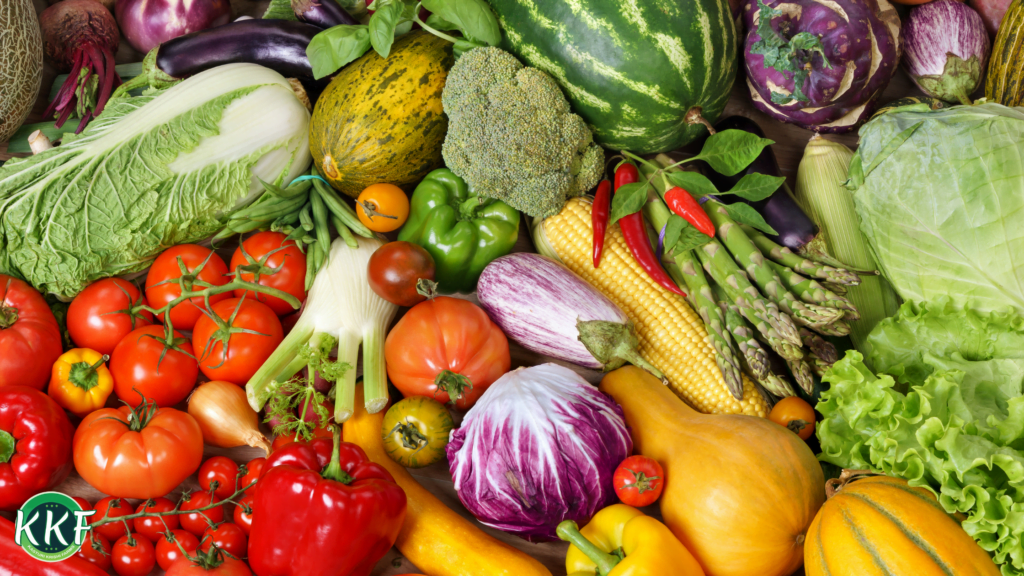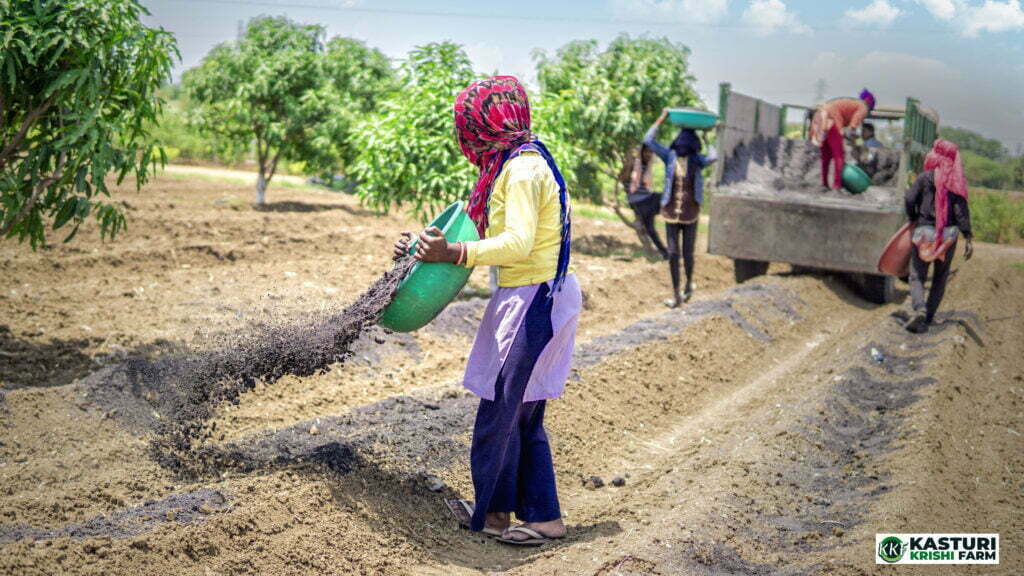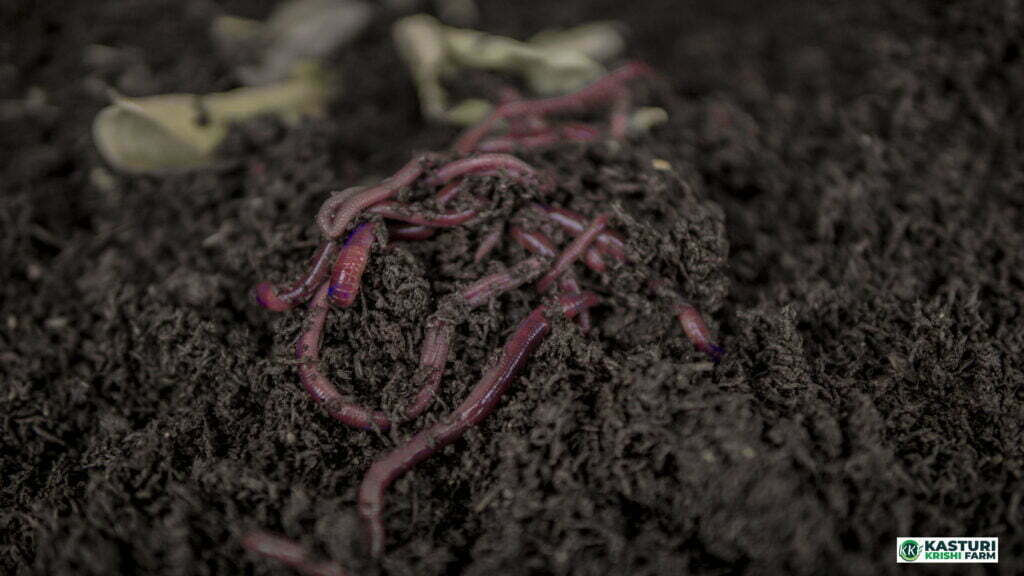Introduction:
Organic food has been in the news a lot recently and for good reason. it’s becoming increasingly mainstream. However, there are still many misconceptions surrounding organic foods and the organic farm industry, so we decided to tackle some of the biggest myths circulating about organic food.
consumption of Organic food is a hot topic among parents and health advocates alike. People don’t always realize that the term ‘organic’ does not mean “all-natural.” Rather, it means food grown without pesticides or herbicides.
Organic food sales have been increasing at a rapid pace in the last decade. They’ve increased by a whopping 20% in the last year. But what do we know about organic foods? We’re going to take a look at 10 shocking facts that parents should know before deciding to buy organic food for their children.

1. Organic foods have significantly lower levels of pesticide residue.
Studies show that consumers who buy organic products have 36% less exposure to pesticides than those who don’t. By choosing organic over conventional, you can protect yourself from toxic chemicals, including cancer-causing agents.
2. High Nutrition value
Organic product has a higher nutrient value than conventional produce. It does not have any synthetic fertilizers or pesticides sprayed on it, so it tends to have more nutrients in it. Organic food contains more vitamins, minerals, enzymes, and micronutrients than conventionally raised food. There is a growing body of evidence documenting how farming methods can influence the nutritional content of foods.
3. Great Choice for Health
No artificial colors, flavors, or preservatives are allowed in organically grown. Cleaner food means cleaner diets which lead to a cleaner bill of health.
No artificial preservatives, colors, or flavors are allowed in organic food. Fewer than 40 synthetic substances can be used in organic packaged foods, and only after they have been reviewed by independent and government experts. By contrast, thousands of chemicals can be added to conventional packaged foods, including preservatives, flavors, and colors linked to health problems.
4. healthy soil
Organic farming creates healthy soil. Healthy soil creates healthy food and a healthy environment. Healthy soil is the basis for organic agriculture. Organic farmers use natural organic fertilizers and soil amendments like organic matter (things you can compost), green manures, and animal manures (with safety restrictions) to build healthy soil. When food is grown in healthy soil, crops are better able to resist disease, survive drought, and tolerate insects.

5. Does not affect Water
Choosing organic protects the streams and lakes downstream from toxic runoff that conventional farming produces. Many byproducts of conventional farming threaten watersheds and pollute drinking water. Runoff from farms carries soil and farm inputs-like fertilizer and pesticides- into nearby creeks and streams. The overgrowth of algae consumes oxygen and blocks sunlight from underwater plants. The lack of oxygen makes it impossible for aquatic life to survive, creating dead zones.
6. Climate Change
Organic farming supports carbon sequestration, which helps to mitigate rising atmospheric carbon dioxide levels. The primary benefit of organic crop and livestock production, compared to conventional agriculture, is that it is focused on soil-based production with underlying principles of maintaining or improving soil quality. Healthy soil counteracts climate change by pulling carbon out of the atmosphere.
7. Go GMO-free
Genetically Modified Organisms, or GMOs, are a result of laboratory processes, where the DNA of a particular organism (plant/animal) is genetically engineered and transferred to the genes of other organisms, to ensure that they survive certain conditions. This is mostly done with crops to mass-produce. When it comes to organic vegetables, they are naturally grown in favorable seasons. Rest assured, their genetics are intact, so you need not worry about consuming genetically modified food.

8. Indulge in Taste
People often find this hard to believe, but organic food does, in fact, taste better. This is because the crops are given enough time to grow and mature. Also, they are grown in naturally favorable conditions and are kept away from chemicals. Apart from preserving their nutritional value, these natural methods of farming help retain their original taste and fragrance. Organic foods are a nice package of health and taste! So what’s holding you back?
9. Go Light on Your Pocket
Who says organic foods have to be expensive? If you purchase them from the ‘organic section’ of a supermarket, then sure, they’re going to charge you a bomb! And honestly, unless it’s certified, it’s not organic. Local vendors are your best bet. And these vendors always quote the exact price, sometimes even less! Next time you pass by a village or some local farms, make it a point to purchase your groceries from these vendors. Switching to organic foods will not only cost you less but will also treat your system right.
10. Organic food Farms are saving environment
Organic food growth strictly avoids the use of harmful chemicals and artificial minerals, thus preserving the quality of soil and water in such farms. Organic food production also helps protect local wildlife by making use of natural pest control methods. Also, organic farms prefer to sell their stock locally, thus saving the environment from the pollution caused by transportation. By switching to organic foods, you will help the farmers earn a living and contribute to saving the environment in unimaginable ways.

Conclusion
Organic food concludes that if the production of organic food farming increases across the world then the economy of the country automatically increases and it also has healthy food which helps in maintaining the health of the people.
